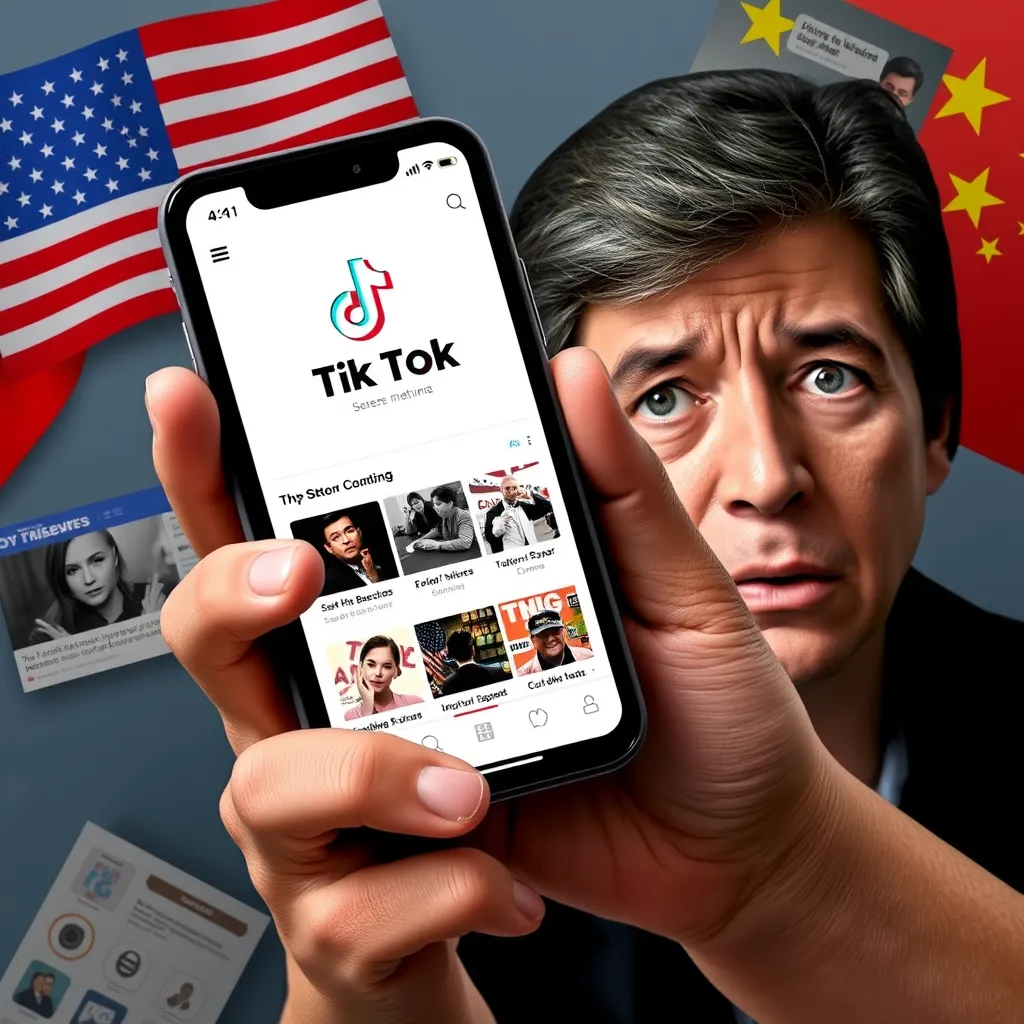WASHINGTON, Dec 6 – A U.S. federal appeals court on Friday upheld a law requiring ByteDance, the Chinese owner of TikTok, to sell the popular app’s U.S. operations by early next year or face an outright ban. The ruling represents a major triumph for the U.S. Justice Department and opponents of TikTok, delivering a substantial setback to ByteDance. The decision paves the way for a potential ban in just six weeks on an app used by 170 million Americans.
TikTok has confirmed its intention to challenge the ruling in the Supreme Court.
The appeals court emphasized bipartisan support for the law, noting it reflects efforts by two administrations to address what they deemed a national security threat posed by the People’s Republic of China (PRC). The Justice Department argued that TikTok’s Chinese ownership could enable the PRC to access personal data and manipulate information consumed by Americans.
“This ruling is a vital step toward stopping the Chinese government from exploiting TikTok,” stated Attorney General Merrick Garland.
However, the Chinese Embassy in Washington condemned the law as “a blatant act of commercial robbery,” cautioning that mishandling the issue could harm U.S.-China relations.
The ruling emerges against the backdrop of intensifying tensions between the U.S. and China, exacerbated by trade restrictions on semiconductors and Beijing’s retaliatory bans on critical materials exports.
Court Rejects TikTok’s Challenge
The appeals court panel, composed of Judges Sri Srinivasan, Neomi Rao, and Douglas Ginsburg, rejected the legal challenges filed by TikTok and its users. ByteDance now has until January 19 to divest TikTok’s U.S. assets or face a potential nationwide ban.
TikTok CEO Shou Zi Chew called the decision disappointing, pledging to “continue the fight to protect free speech on our platform.” The American Civil Liberties Union (ACLU) condemned the ruling, arguing that it violates First Amendment rights for millions of Americans who rely on the app.
The court argued that ByteDance’s connection to the Chinese government poses a risk to free speech in the U.S., as the PRC could potentially manipulate content on TikTok. The decision could significantly impact U.S. policy on other foreign-owned apps.
Implications for the U.S. Tech Landscape
Unless reversed by the Supreme Court, TikTok’s fate hinges on President Joe Biden’s decision to grant a 90-day extension of the January 19 deadline. However, meeting the extension criteria—substantial progress toward divestment—remains uncertain, particularly given potential objections from the Chinese government.
The ruling also grants the U.S. government broad authority to ban other foreign apps that may pose similar security concerns. This could set a precedent for future actions against foreign-owned platforms.
Industry Impact
If TikTok is banned, advertisers would likely redirect spending to competing platforms like Meta and Google. After the court’s decision, Meta shares reached an all-time high, closing with a 2.4% gain, while Alphabet’s stock increased by 1.25%.
Looking Ahead
In a concurring opinion, Judge Srinivasan acknowledged the broader implications of the ruling, noting that TikTok’s vast user base of 170 million Americans represents both its strength and the perceived national security risk.
The law additionally bans app stores such as Apple and Google from offering TikTok and prevents hosting services from supporting the platform unless ByteDance complies with the divestment deadline.
ByteDance, valued at $268 billion in late 2023, faces a tight timeline and significant regulatory hurdles to comply with the law. Whether the Supreme Court will intervene remains a key question as the January 19 deadline looms.
![]()




